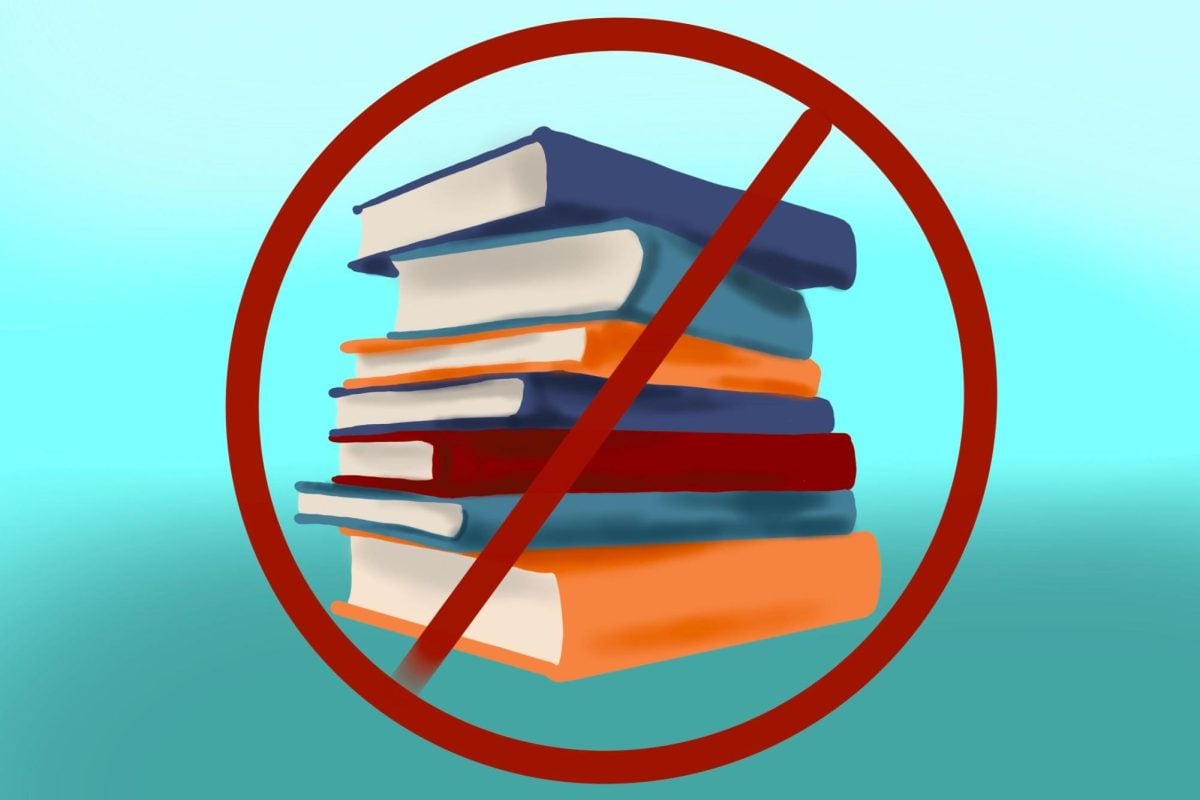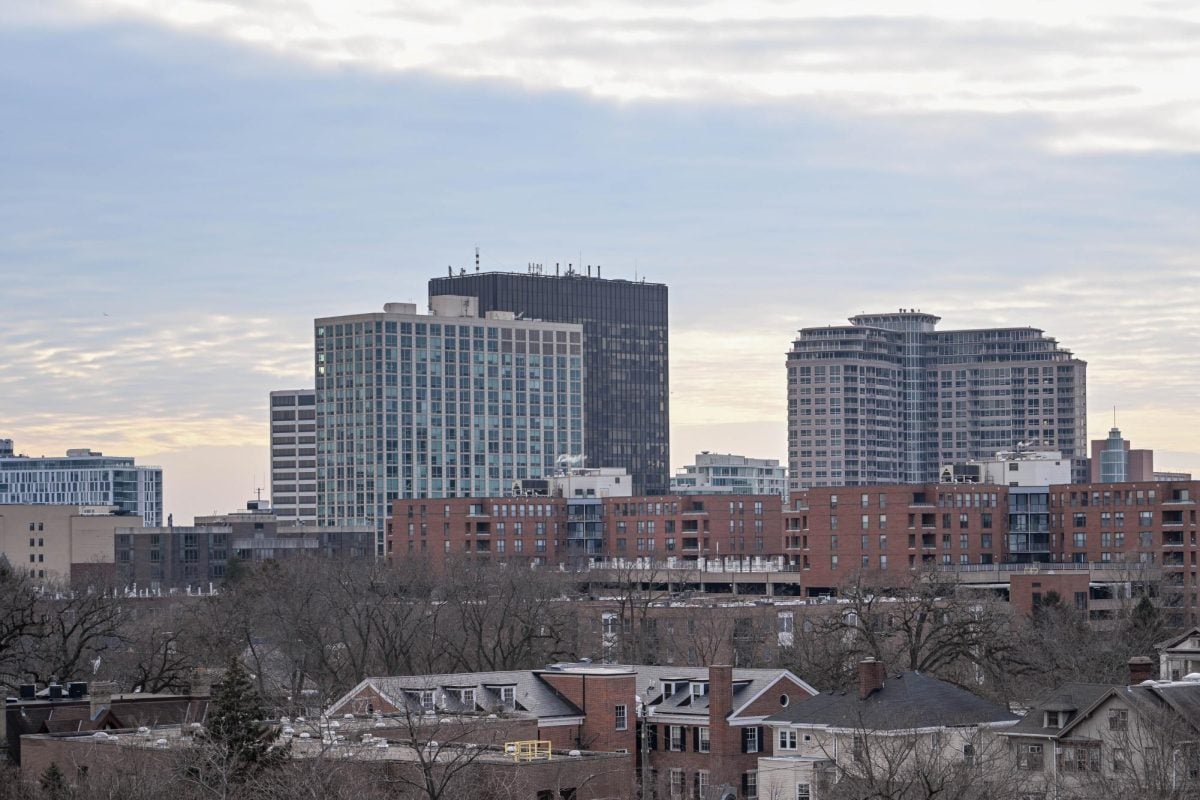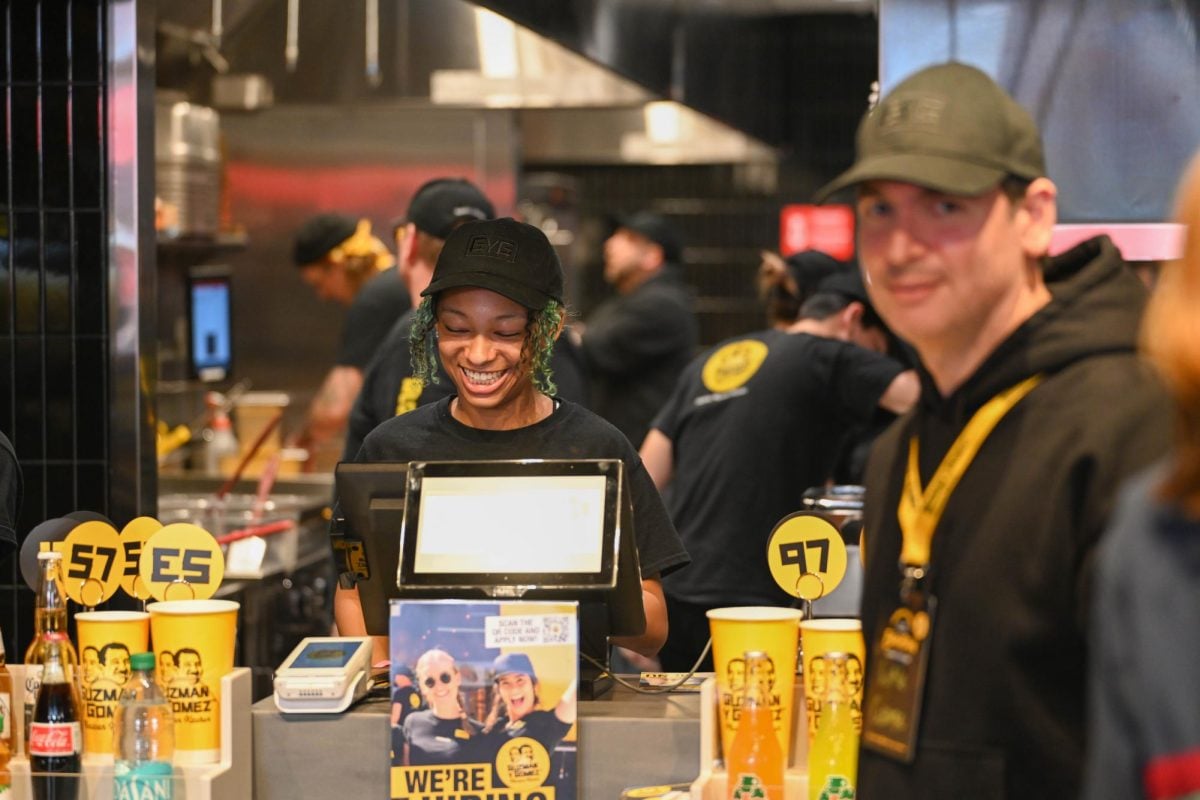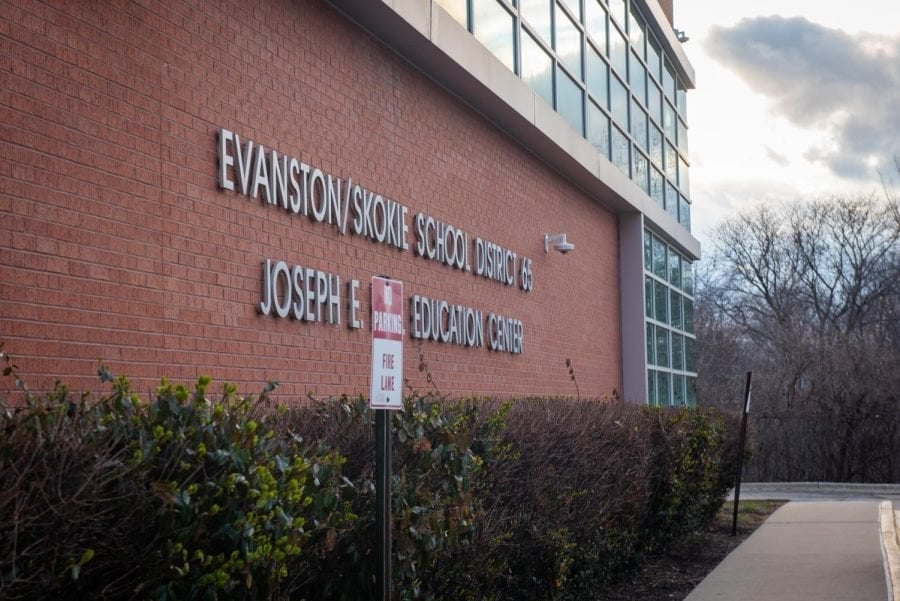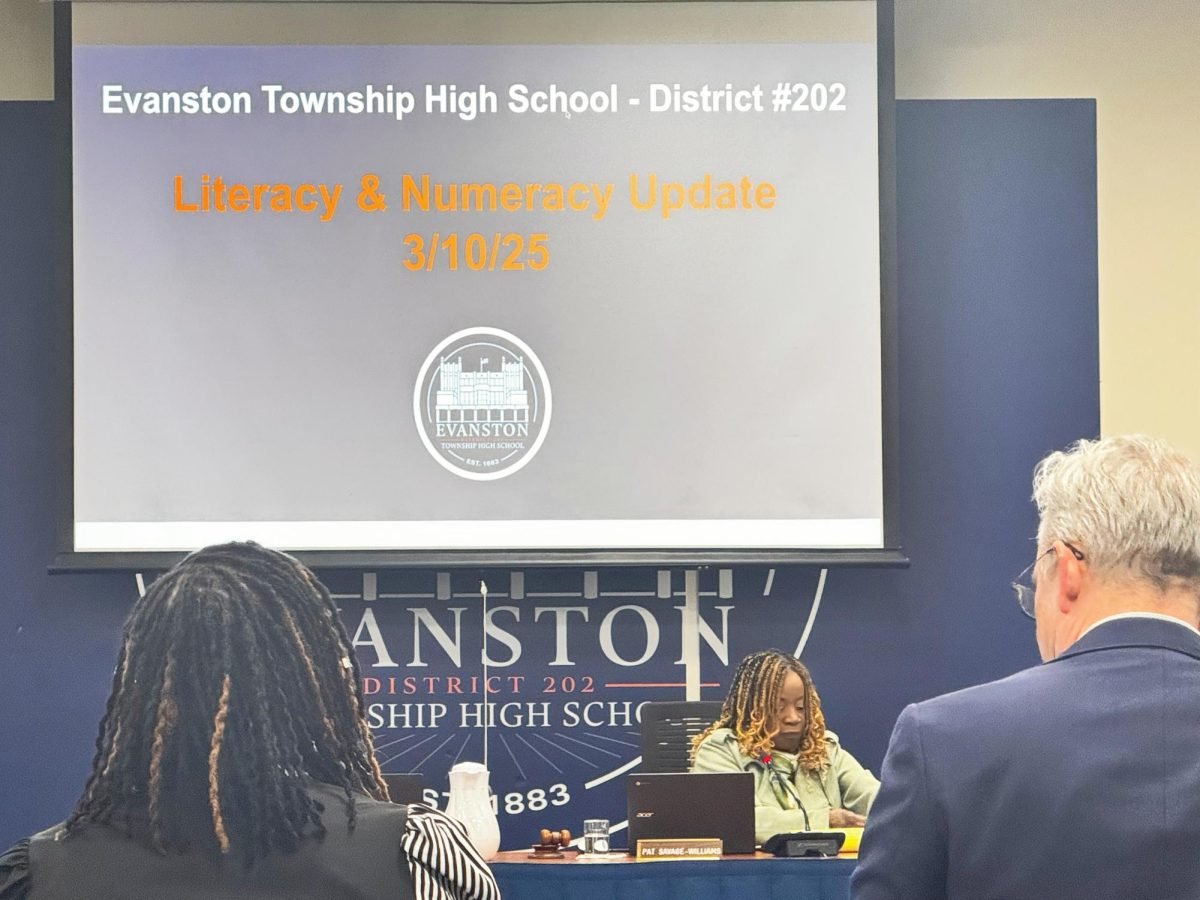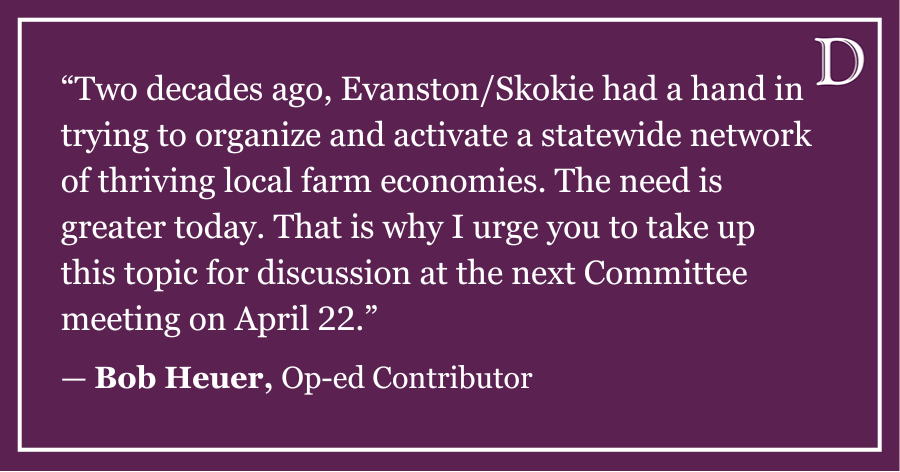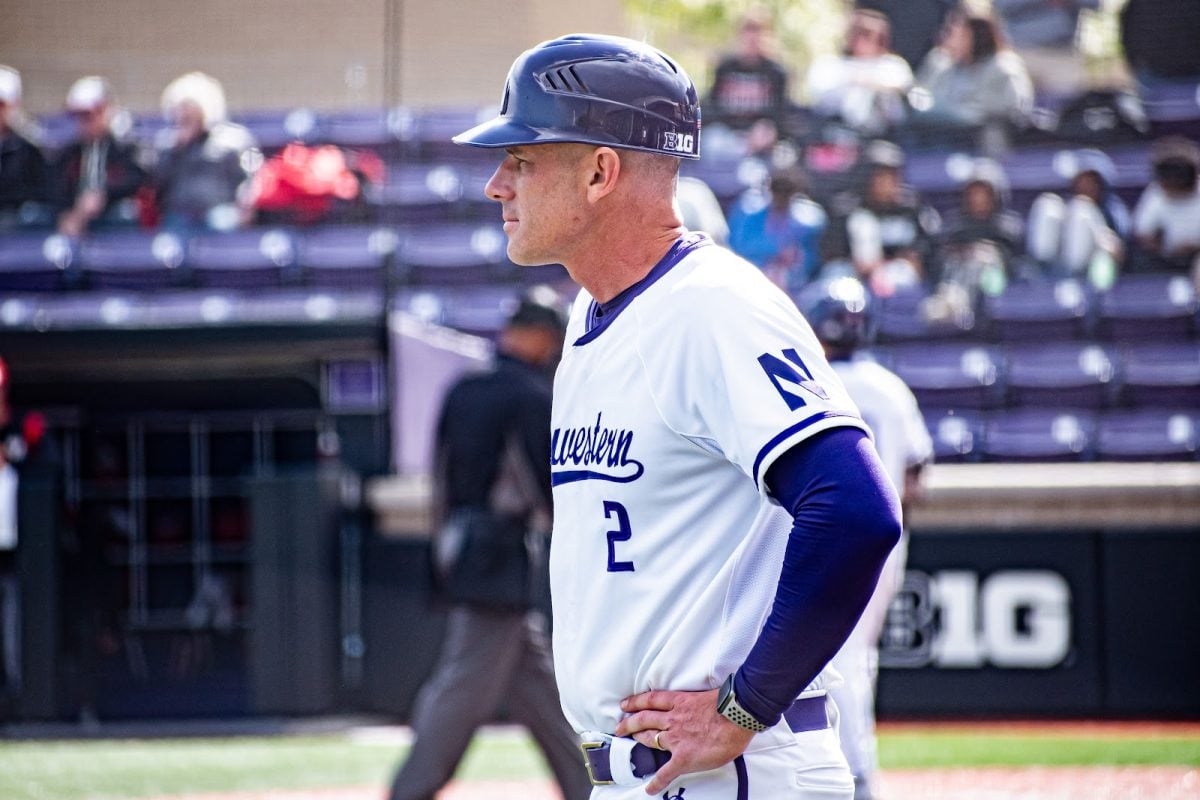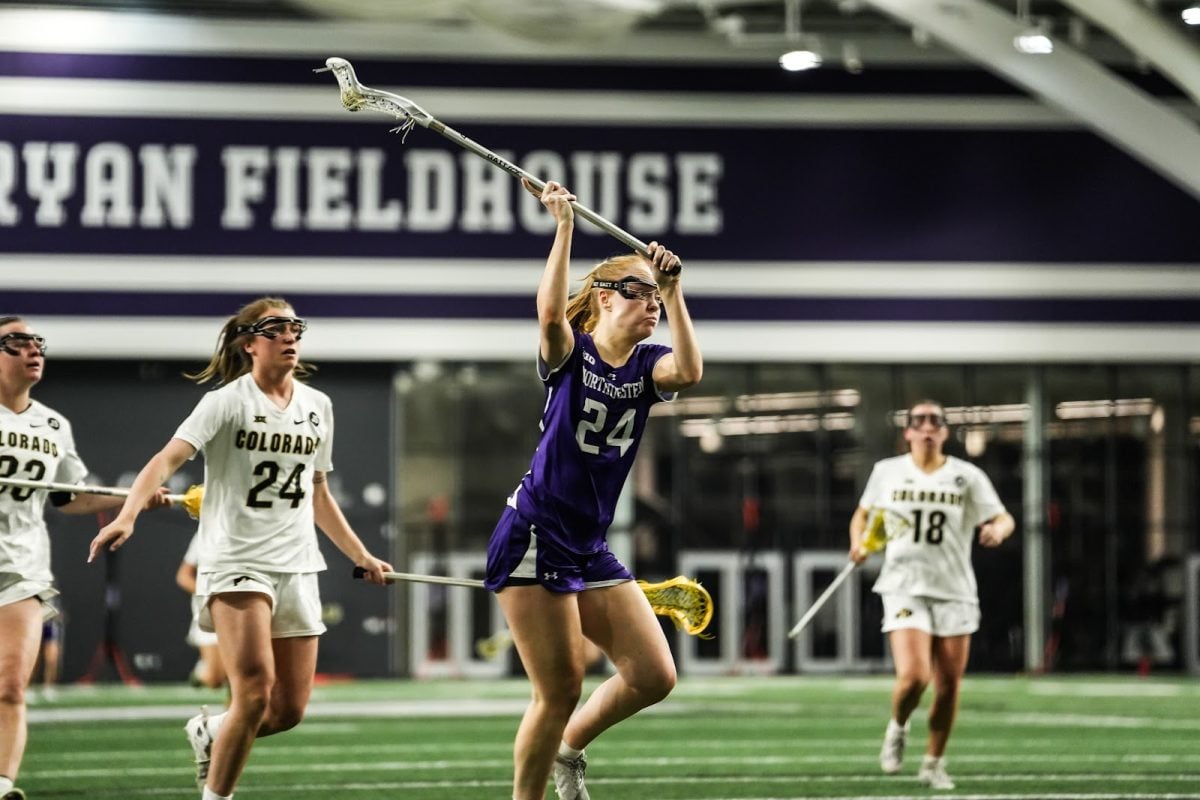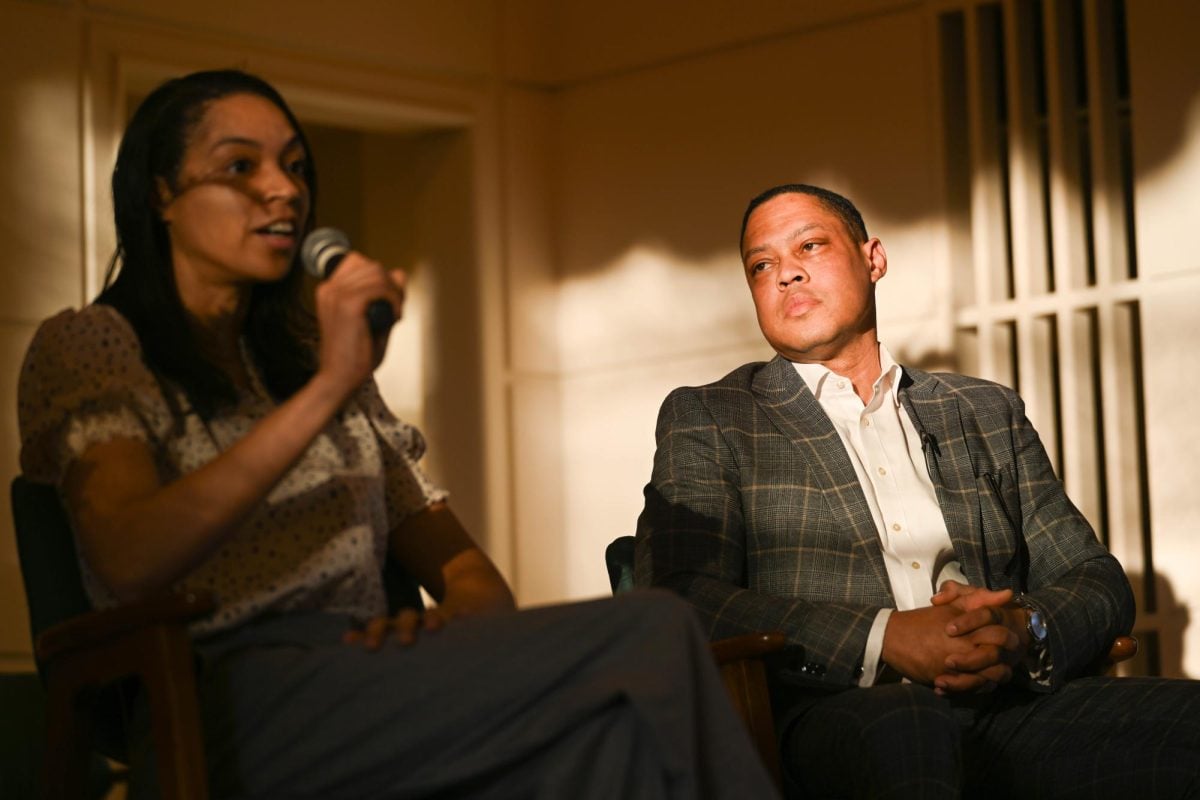Evanston Public Library partnered with PFLAG Evanston to celebrate Banned Books Week Sunday afternoon at the Robert Crown Community Center.
The event spotlighted books that have been challenged around the country and provided attendees with the opportunity to learn about censorship attempts and literary freedom from PFLAG representatives. PFLAG is the largest organization dedicated to supporting, educating and advocating for LGBTQ+ people and their families, according to its website.
In an almost 65% increase from 2022, last year marked the highest number of titles targeted for censorship, according to the American Library Association. Over 20% of censorship attempts were initiated by members of pressure groups that don’t necessarily live in the community they are challenging books in, according to the ALA.
Data on 2024, including how Illinois’ new restrictions on book bans have affected challenges in the state, is still being collected.
The top five most frequently challenged titles in 2023 around the country, which were displayed at the event, were “Gender Queer,” “All Boys Aren’t Blue,” “This Book is Gay,” “The Perks of Being a Wallflower” and “Flamer,” all due to their LGBTQ+ content, according to the ALA.
Because books with LGBTQ+ content are often targeted, PFLAG chapters across the country chose to host events during this year’s Banned Books Week to educate people about the importance of representation, said PFLAG Evanston secretary Jenny Heckathorne.
The Daily spoke with PFLAG Evanston representatives Lex Wilder and Heckathorne, as well as EPL branch assistant Kellye Flemming, to learn more about book bans and how they affect the LGBTQ+ community.
This interview has been lightly edited for brevity and clarity.
The Daily: Can you explain what it means for a book to be challenged or banned?
Flemming: If a book is challenged, it means someone has said they don’t think the library should have the book. It gets discussed at a board meeting and then a decision is made. If the book is banned, it is removed from circulation. But libraries can also soft censor themselves.
The Daily: How do they “soft censor” themselves?
Flemming: Librarians are supposed to serve the community they’re in. So if they know they will get a lot of complaints for circulating a certain book, they might choose to not buy it in the first place. The loudest in the community often dictates which books go on the shelves. Sometimes that’s people who don’t even live there.
Heckathorne: There are all of these children’s books where animals are the main characters — kids are supposed to learn that they aren’t that different from people who don’t look like them. It’s just a way of censoring a message (that) authors are afraid of sending with real people because their books might get banned.
The Daily: What reasons do people and organizations give when they challenge books?
Flemming: The books are targeted because of LGBTQ+ or BIPOC characters. But they talk around it. They say they are challenging the book because of sexually explicit scenes, or disturbing or decisive ideas.
Wilder: They ban books to try to make people they don’t like disappear, but that’s not how it works. When we were kids, there were basically no books on these (LGBTQ+ or BIPOC) subjects, but that didn’t mean those people weren’t out there.
The Daily: What does spotlighting those banned and challenged books do?
Heckathorne: People have to — and they deserve to — see themselves in literature. Getting rid of characters people might relate to signals that their perspectives are bad. But it can be empowering to see yourself in a character.
The Daily: How has the Evanston Public Library been affected by book challenges?
Flemming: Evanston has been relatively untouched by book bans, but Lincolnwood and Niles are perfect examples of how quickly that can go wrong. We might live in a bubble where book bans feel old fashioned, like a thing of the past. Maybe it’s not happening here, but books have increasingly been challenged in Illinois.
The Daily: Libraries in Lincolnwood and Niles received multiple challenges on the books they offered back in 2022. Has the number of challenges changed since Illinois’ ban on book bans went into effect at the beginning of this year?
Flemming: We won’t really see how the ban on book bans moves the needle until more data comes in. The ALA releases the data a year behind. The way the ban works is that libraries won’t get state funding if they do ban a book. But private and parochial schools don’t really depend on state funding, so I don’t know how those will be affected either.
The Daily: I see that “The Handmaid’s Tale” is one of the banned books on display. I haven’t heard any complaints about the TV show based on the book. Why is it that books are targeted rather than movies or TV shows?
Flemming: It’s different to see someone’s experience on a screen than it is to feel their emotions and hear their thoughts. That’s what makes books so much more powerful, though, and why it’s so important for people to find representation in the books they read.
Email: naomitaxay2027@u.northwestern.edu
X: @NaomiTaxay
Related Stories:
— Illinois’ ban on book bans may infringe literary freedom, advocates say
— Amid statewide law prohibiting book bans, Evanston Public Library continues diversifying collection

